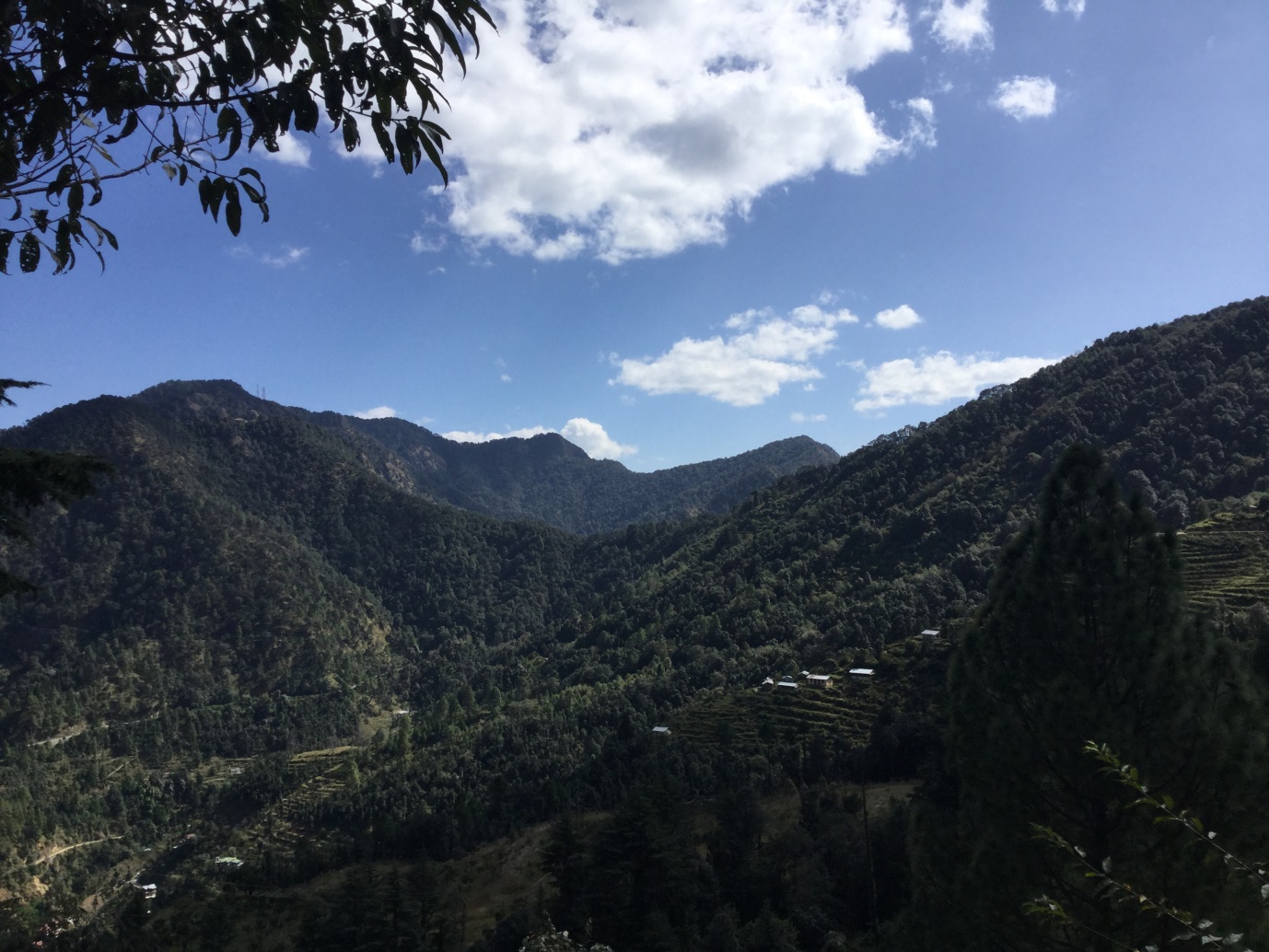As main headlines are dominated by the pandamic and border disputes, some other issues of great urgency are being neglected. One of these is the increasing threat to the remaining natural forests of India. Everyone in the government pays lip service to planting trees, but this cannot be a substitute to the continuing loss of natural forests. The ecological role played by the few remaining natural forests in good condition is of crucial role, all the more so in these times of climate change. This is not denied by the government, yet the urgent task of protecting these remaining natural forests in good conditions is neglected.
It is therefore extremely important that over 50 (former) officials who have held senior positions in the government in the past have come out to draw the nation’s attention to the extremely tragic and harmful loss of our natural forests.Speaking on behalf of the Constitutional Group which has been drawing attention to several serious issues confronting our country, these officials have written on open letter to the honorable Prime Minister of India and the honorable Minister for Environment, Forests and Climate Change (MOEFCC).These officials have stated,“As one of the 17 mega-biodiverse countries in the world and as a signatory to the Convention on Biological Diversity, India has a special responsibility to see that its wealth of flora and fauna is not destroyed through unthinking action. A significant part of this biodiversity is found in India’s pristine forests. Yet, in recent times, the MOEFCC has given a spate of approvals to projects in protected areas.
Hundreds of projects which threaten the environment and our precious natural resources have been cleared in unseemly haste, after shoddy and superficial scrutiny, disregarding comprehensive long term impact analysis. In the past, some efforts had been made to protect these biodiversity rich forest areas, at least from extractive industries. For instance, in 2010, forests were divided into ‘go’ and ‘no go’ areas, with no coal mining being permitted in ‘no go’ areas. This was done in consultation with Coal India, knowing well that 30 % of the coal mines were located within these densely forested ‘no go’ areas.Unfortunately, the MoEFCC has decided to change all this. There will no longer be any ‘no go’ areas. Instead forests will be classified into high, medium, and low conservation areas, and it will be left to the Ministry’s discretion whether or not to clear a project in a ‘high conservation’ area. Nothing will be totally out of bounds.Drawing special attention to the increased importance of saving forests in these COVID-19 times, some officials have stated more specifically, “It is well known that the many zoonotic diseases which have created pandemics in the world and posed a serious threat to human health – SARS and MERS, Ebola, the Nipah virus and the current Covid-19, are the result of disturbing the forest habitat of several endemic species. Experts predict that more such diseases, caused by greater human-animal interaction, are likely to arise in the future. Yet, in India, no serious thought seems to be given to entering into more and more pristine forest areas.”
The trend towards deforestation and ecological ruin will be accelerated by ongoing changes in the proposed Environment Impact Appraisal (EIA) of projects. As this document says,“It is clear that what the amended policy really intends to do is to considerably dilute the existing process of granting environment clearances and to prevent any public scrutiny of the project proponents’ actions. Many of the changes have, in fact, been proposed to circumvent the past decisions of the National Green Tribunal and the Courts. Some of the more serious changes that the proposed EIA policy contemplates are: (a) grant of post facto approval to projects which may have started, or increased in size, without prior environmental clearance, on payment of a penalty. This makes nonsense of the requirement of prior clearance; (b) reclassifying projects and activities to put several polluting ones such as thermal power, cement and chemical fertilizer plants into a category (B2) which require minimal scrutiny; (c) excluding the need for public consultation for a number of projects where such consultation was earlier necessary – this includes all building, construction and area development projects, and anything declared ‘strategic’ by the government; (d) where such consultation is still necessary, reducing the time available to the public to make objections; (e) specifying that no reports regarding violation of the conditions of environmental clearance will be entertained from anyone other than the project proponent or a government authority.”
Hence this group of senior officials has recommended very clearly,“We urge you to withdraw the proposed EIA Policy 2020 altogether and replace it with a more sensitive policy, which is people and habitat friendly.”
Bharat Dogra is a freelance journalist who has been involved with several social movements and initiatives. His recent book on survival issues and people’s response titled Planet in Peril has been published by Vitasta, Delhi.













